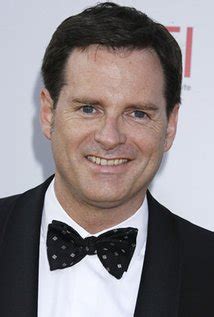A Quote by Alan Moore
In a sense, the story, or poem or verse or whatever it is you're writing, you can kind of think of it as a kind of projectile. Imagine it is a kind of projectile which has been specially shaped to be aerodynamic, and that your target is the soft grey putty of the reader's brain.
Related Quotes
The poem is not, as someone put it, deflective of entry. But the real question is, 'What happens to the reader once he or she gets inside the poem?' That's the real question for me, is getting the reader into the poem and then taking the reader somewhere, because I think of poetry as a kind of form of travel writing.
The curve of life is like the parabola of a projectile which, disturbed from its initial state of rest, rises and then returns to a state of repose... Like a projectile flying to its goal, life ends in death. Even its ascent and its zenith are only steps and means to this goal... For, enlightenment or no enlightenment, consciousness or no consciousness, nature prepares itself for death.
The speaker tentatively reaches out with that feeling and realizes that it's kind of absurd, or at least a dangerous consolation, which is what I think is discovered as that longish sentence at the end of the poem comes to its conclusion. But here I am interpreting my own poem, which is kind of like making out with one's own high school yearbook photo.
I never think of my audience when I write a poem. I try to write out of whatever is haunting me; in order for a poem to feel authentic, I have to feel I'm treading on very dangerous ground, which can mean that the resulting revelations may prove hurtful to other people. The time for thinking about that kind of guilt or any collective sense of responsibility, however, occurs much later in the creative process, after the poem is finished.





































